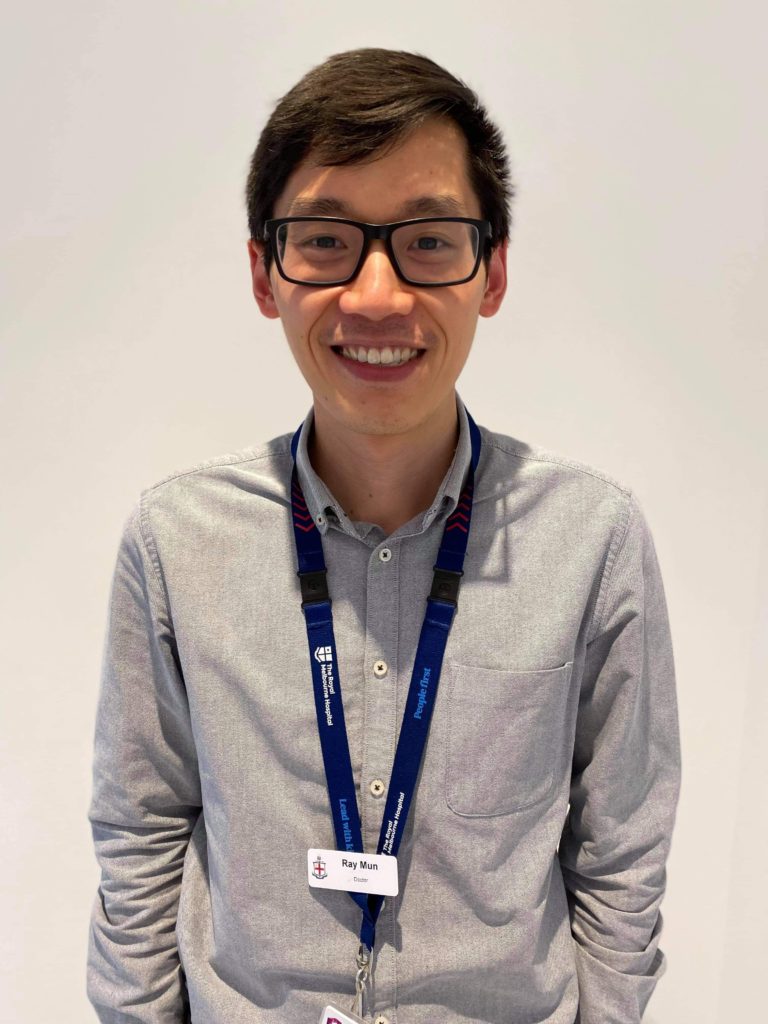Dr Ray Koo: Improving outcomes for patients after donated stem cell transplants

In an allogeneic transplant, stem cells are donated by another person who is genetically matched to the patient.
Allogeneic stem cell transplantation has the potential to cure or provide extended remission for some blood cancers by replacing the diseased stem cells and immune system of the patient with that from a healthy donor.
This treatment can carry significant side effects, like graft vs host disease (GvHD) and is still not always successful. More recently, a less toxic type of allogeneic transplant procedure called “reduced-intensity conditioning” has become more the standard of care rather than the exception.
The success of this approach relies on establishing a healthy donor immune system within the recipient. Without this, the patient risks relapse, infection and GvHD.
In his PhD investigation, Dr Ray Koo aims to improve understanding of how the immune system recovers after a reduced-intensity conditioning allogeneic transplant, look at interventions to reduce treatment toxicity and use targeted GvHD prevention measures to improve transplant outcomes.
About Ray
Dr Ray Koo is a dual-trained Haematologist, commencing his Clinical and Laboratory Haematology training at the Canberra Hospital prior to completing at the Royal Melbourne Hospital and Peter MacCallum Cancer Centre in early 2021. He is currently undertaking a Bone Marrow Transplant Fellowship at the Royal Melbourne Hospital. In his lifetime, Ray would like to see patients have greater access to novel conditioning regimens with minimal toxicity, eliminating graft-versus-host disease.
PhD scholarships are co-funded by the Leukaemia Foundation and the Haematology Society of Australia and New Zealand (HSANZ).
Last updated on January 30th, 2023
Developed by the Leukaemia Foundation in consultation with people living with a blood cancer, Leukaemia Foundation support staff, haematology nursing staff and/or Australian clinical haematologists. This content is provided for information purposes only and we urge you to always seek advice from a registered health care professional for diagnosis, treatment and answers to your medical questions, including the suitability of a particular therapy, service, product or treatment in your circumstances. The Leukaemia Foundation shall not bear any liability for any person relying on the materials contained on this website.